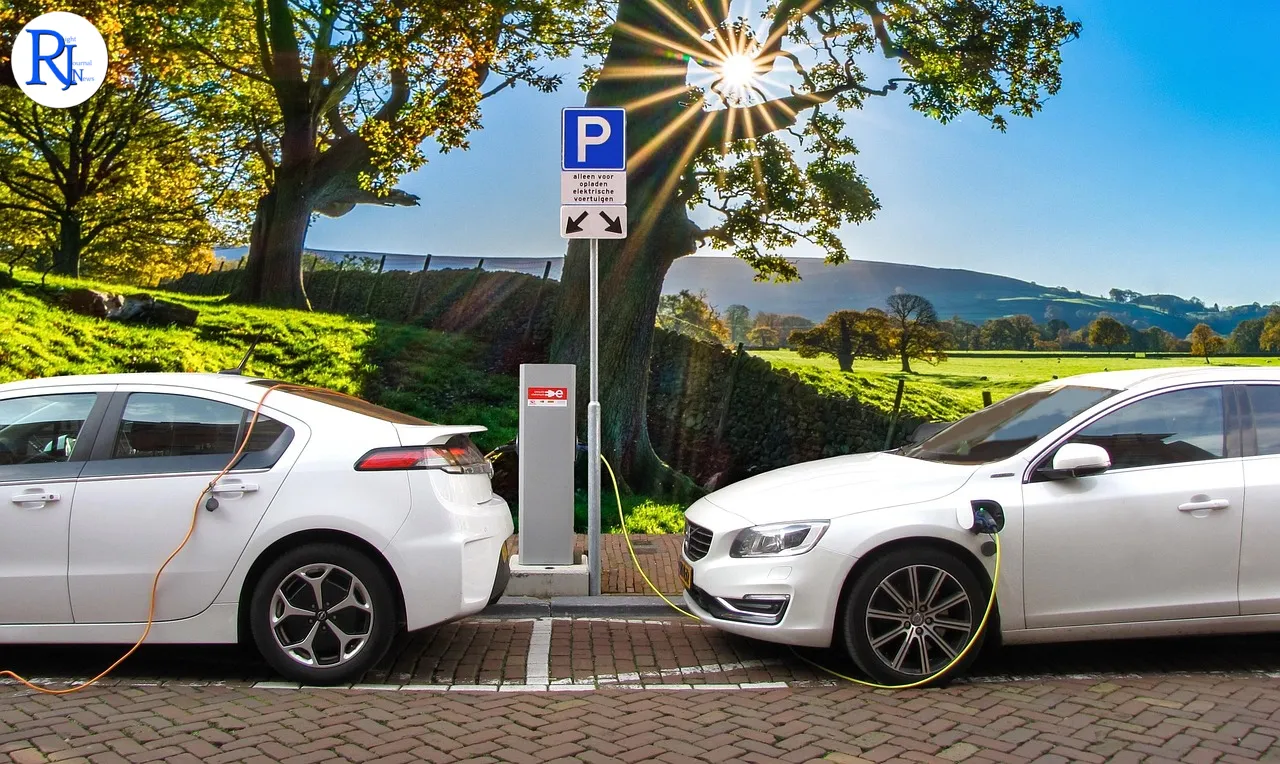The average age of cars on UK roads has reached a record high of nine years and ten months, sparking concerns about the state of the automotive market and the slow adoption of electric vehicles (EVs). With new car registrations declining, questions arise about the future of the UK’s car industry and the factors influencing these trends. The Society of Motor Manufacturers and Traders (SMMT) revealed these figures, highlighting a significant shift in consumer behaviour and vehicle longevity.
This trend underscores a broader economic and environmental narrative as the UK grapples with transitioning to greener transport solutions. The rise in the average car age coincides with a decrease in new car sales, suggesting potential hesitation among consumers to invest in new technology amidst economic uncertainties.

Economic Factors Influencing Car Longevity
The decline in new car registrations is not solely attributed to consumer disinterest but is also linked to economic factors affecting the UK. The recent economic downturn has led to more cautious spending habits, with many opting to maintain their current vehicles rather than purchasing new ones. Financial expert Sarah Thompson explains, “With inflation and interest rates impacting disposable income, many households are prioritising essential expenditures over new car purchases.”
Furthermore, supply chain disruptions have caused delays in new car deliveries, contributing to the ageing vehicle fleet. The semiconductor shortage, which has affected global car production, has also played a role, forcing consumers to hold onto their existing cars for longer periods.
The Role of Electric Vehicles in the Market Shift
Electric vehicles have been at the forefront of discussions about the future of transportation. However, their adoption has been slower than anticipated. While the UK government has set ambitious targets to phase out petrol and diesel cars by 2030, the current infrastructure and high upfront costs remain barriers for many consumers.
Automotive analyst James Carter notes, “The transition to electric vehicles is crucial for environmental goals, but the market needs more incentives and infrastructure improvements to encourage widespread adoption.” The government has introduced grants and tax benefits to promote EV purchases, yet these measures have not fully alleviated consumer concerns about range anxiety and charging availability.
Environmental Implications of an Ageing Car Fleet
An ageing fleet of vehicles poses environmental challenges, as older cars generally produce more emissions compared to newer, more efficient models. The UK has committed to reducing carbon emissions, and the transport sector plays a significant role in achieving these targets.
Environmental advocate Laura Green highlights the importance of policy interventions, stating, “To meet climate goals, we need to accelerate the shift to cleaner vehicles. This includes not only promoting electric cars but also ensuring older, polluting vehicles are phased out.” The government is exploring various strategies, including scrappage schemes and stricter emissions standards, to address the environmental impact of older cars.
Industry Response and Future Outlook
The automotive industry is aware of the challenges and opportunities presented by the current market dynamics. Manufacturers are investing heavily in electric vehicle technology and expanding their model ranges to cater to diverse consumer needs. However, achieving a balance between innovation and affordability remains a crucial task.
Industry spokesperson Mark Evans emphasises the need for collaboration, saying, “Manufacturers, policymakers, and consumers must work together to navigate this transition. It’s about creating a sustainable ecosystem that supports economic growth while addressing environmental concerns.”
Looking ahead, the UK’s car market faces a pivotal moment. As economic conditions stabilise and technology advances, the potential for a resurgence in new car sales, particularly electric vehicles, remains strong. The key lies in addressing current barriers and fostering an environment conducive to change.
The current trends highlight the complexity of transitioning to a sustainable automotive future. While the average age of cars on UK roads continues to rise, the focus must remain on overcoming economic and infrastructural challenges to pave the way for a greener, more efficient transport system.

